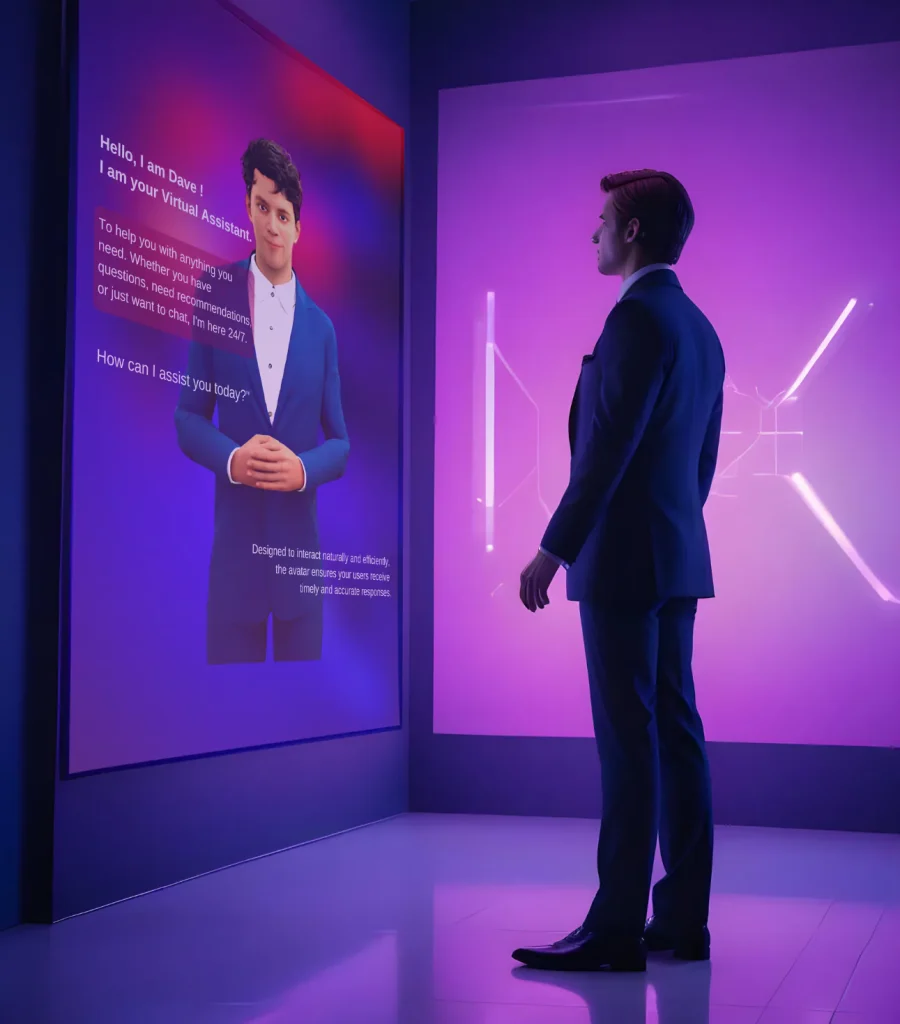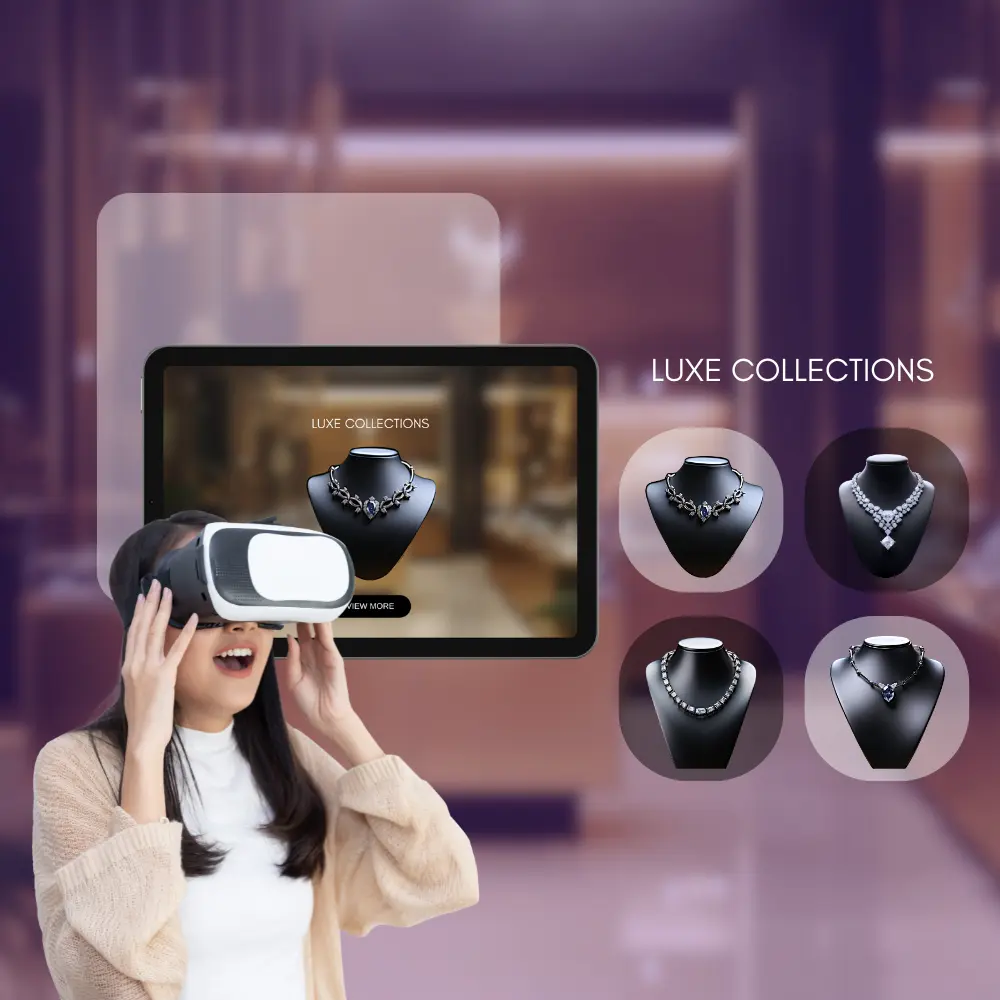Core idea of this paper:
1. To analyze the perceived value of AR and VR by the customers
2. Brands perception of the use of Augmented and Virtual Reality
3. Scope of AR/VR in offline and online segment

The challenge
It’s imperative that brands and companies restructure and evolve continuously to meet the changing customer preferences to spur along the rising curve. Globalization has favoured product diversity and increased the potential options available to the consumers. The invocation of these developments was so intense that almost limitless choices were available. With a catalogue this wide and diverse, customers often face a dilemma regarding their choices and preferences.
AR/VR in the Retail Applications
It is to address these challenges, brands and companies have begun exploring and deploying AR & VR into their sales strategies. With the latest technologies powered by AI, customers can experience the thrill of shopping from virtual mirrors to virtually augmented dressing rooms.With AR, consumers can use their smartphones to bring life to a product and see what it might look like in their homes, on their tables or walls, or even on themselves. With no requirement of physical transport and demonstration of the product to potential customers and stakeholders, VR has significantly minimized the costs incurred in sales.
People say Virtual Sales Avatar recommendations are helpful while shopping
prefer AR/VR applications while choosing the right product
Predictions
The future of AR/VR technology holds great promise, especially as advancements in security and empathy-driven experiences address current limitations. As data security becomes a priority, we can expect the integration of robust encryption protocols, ensuring safer user interactions and greater trust from end customers. The development of empathetic AI will likely revolutionize the AR/VR landscape by offering personalized, human-like interactions that mimic traditional shopping experiences, addressing the emotional and psychological aspects of customer engagement.

